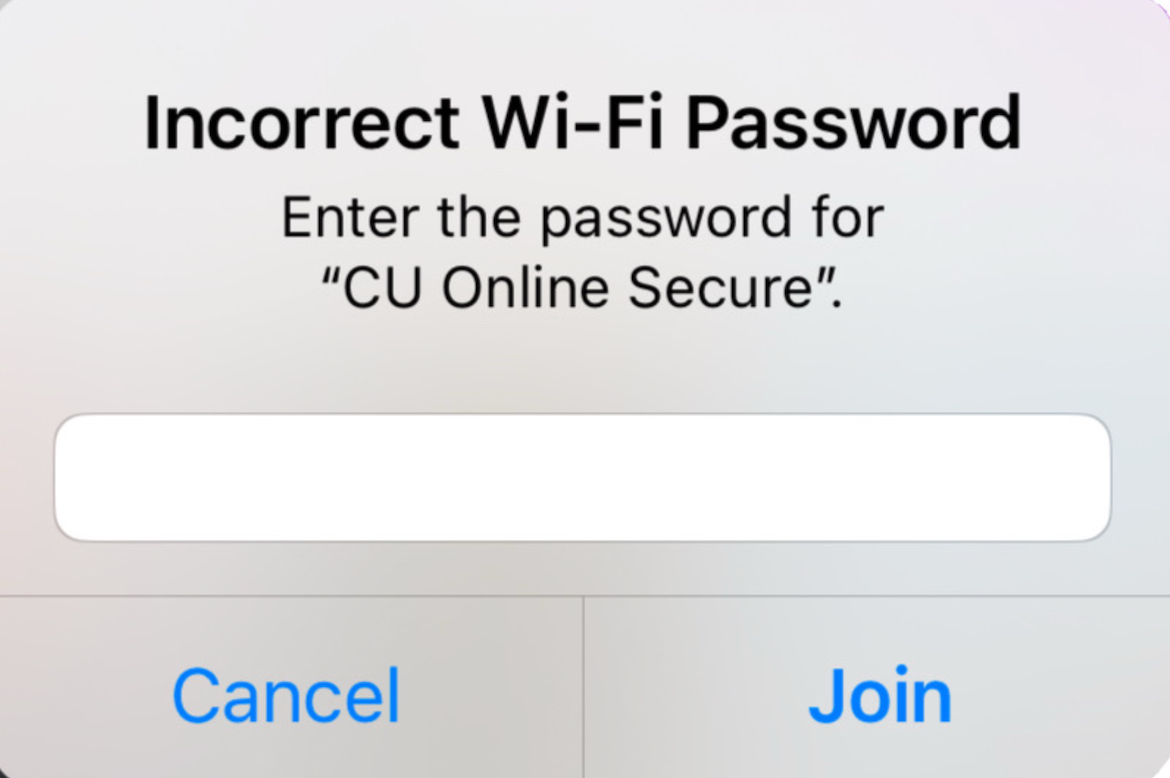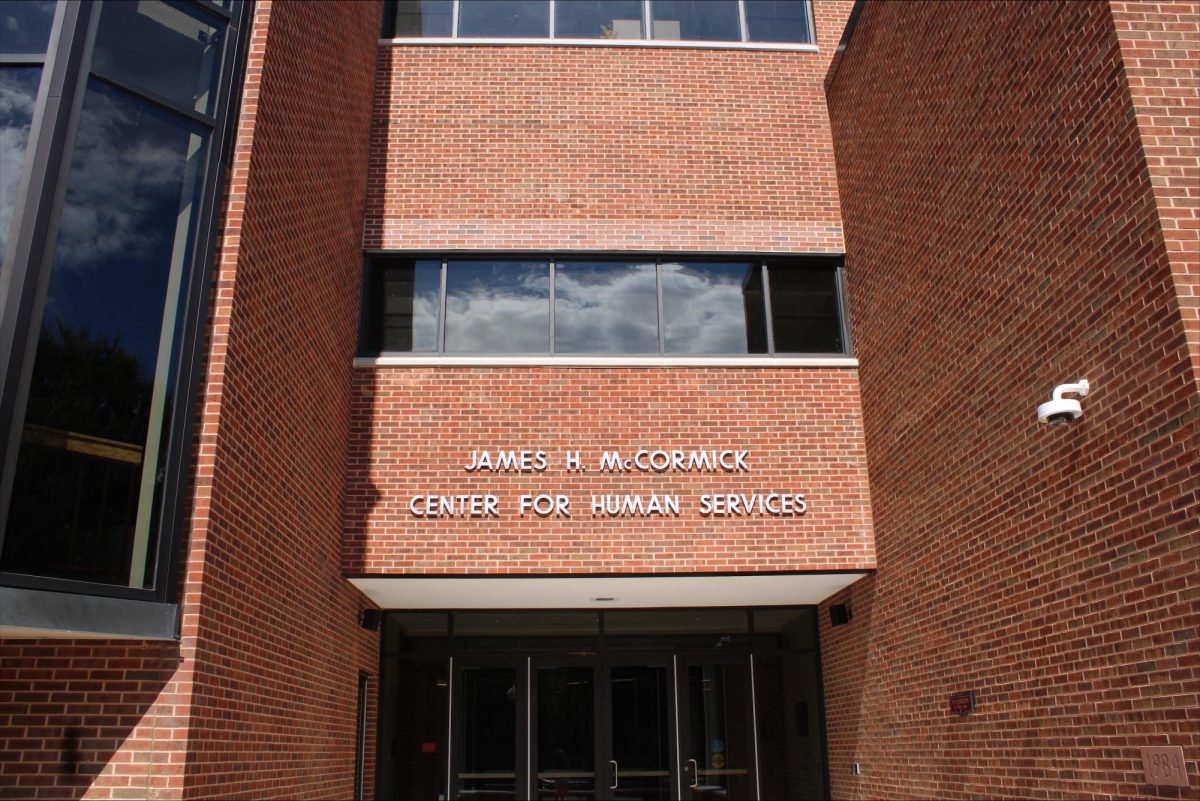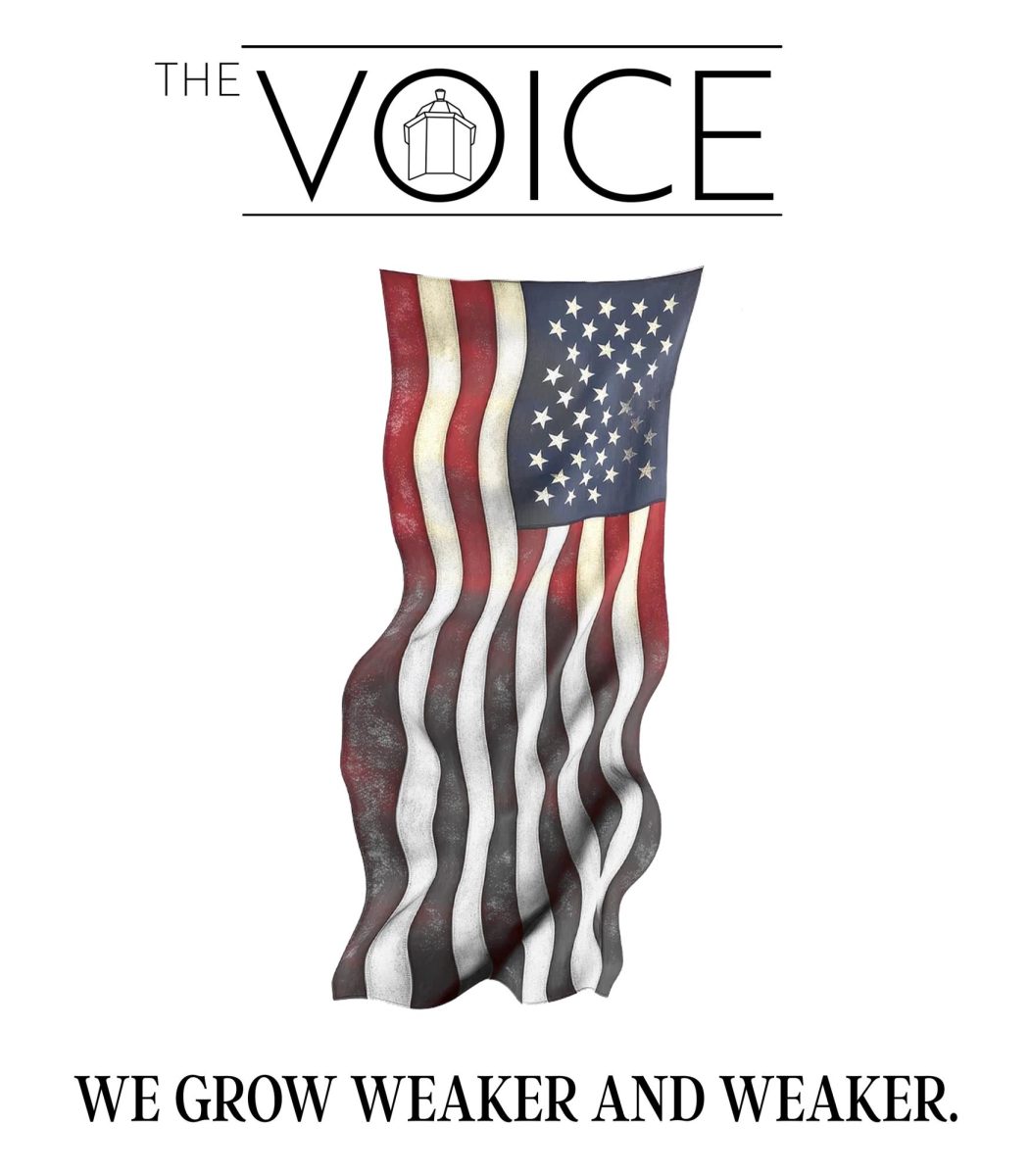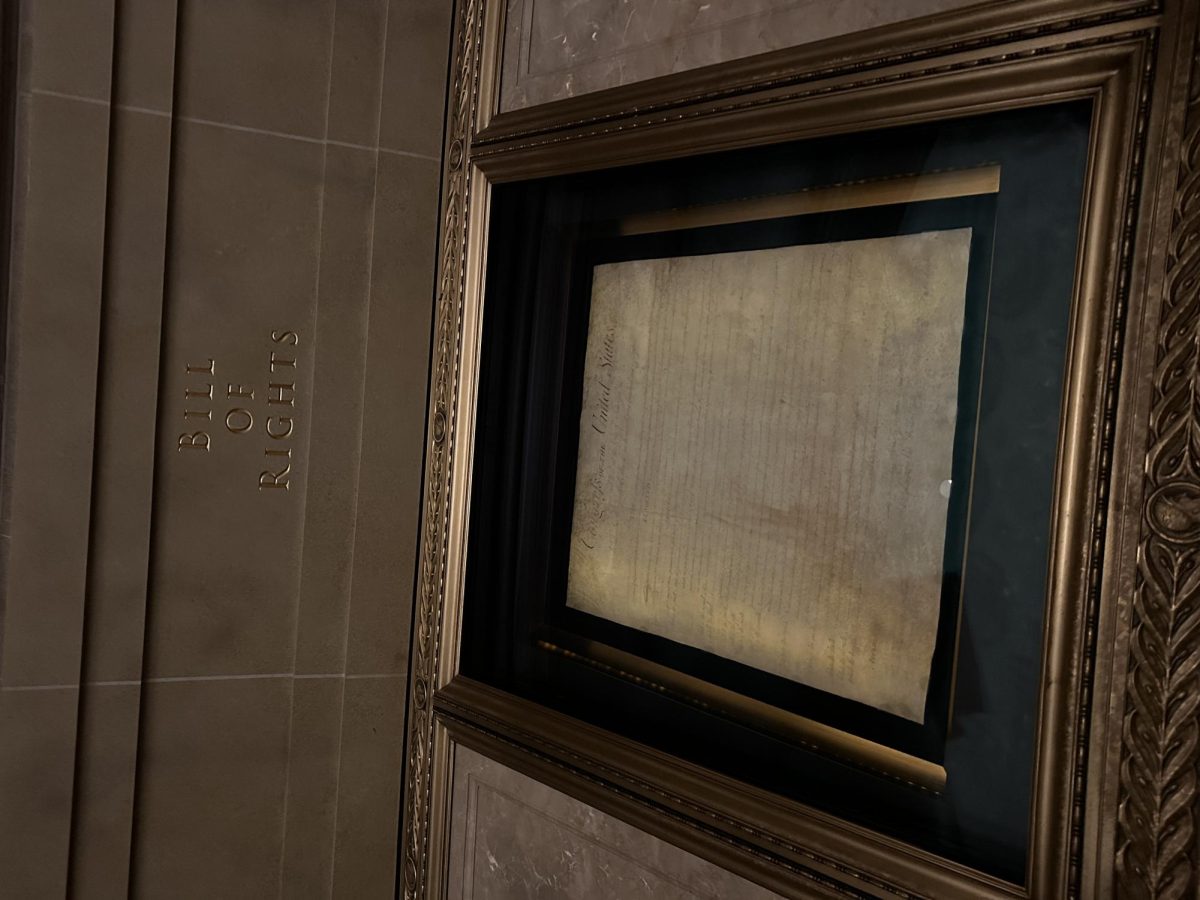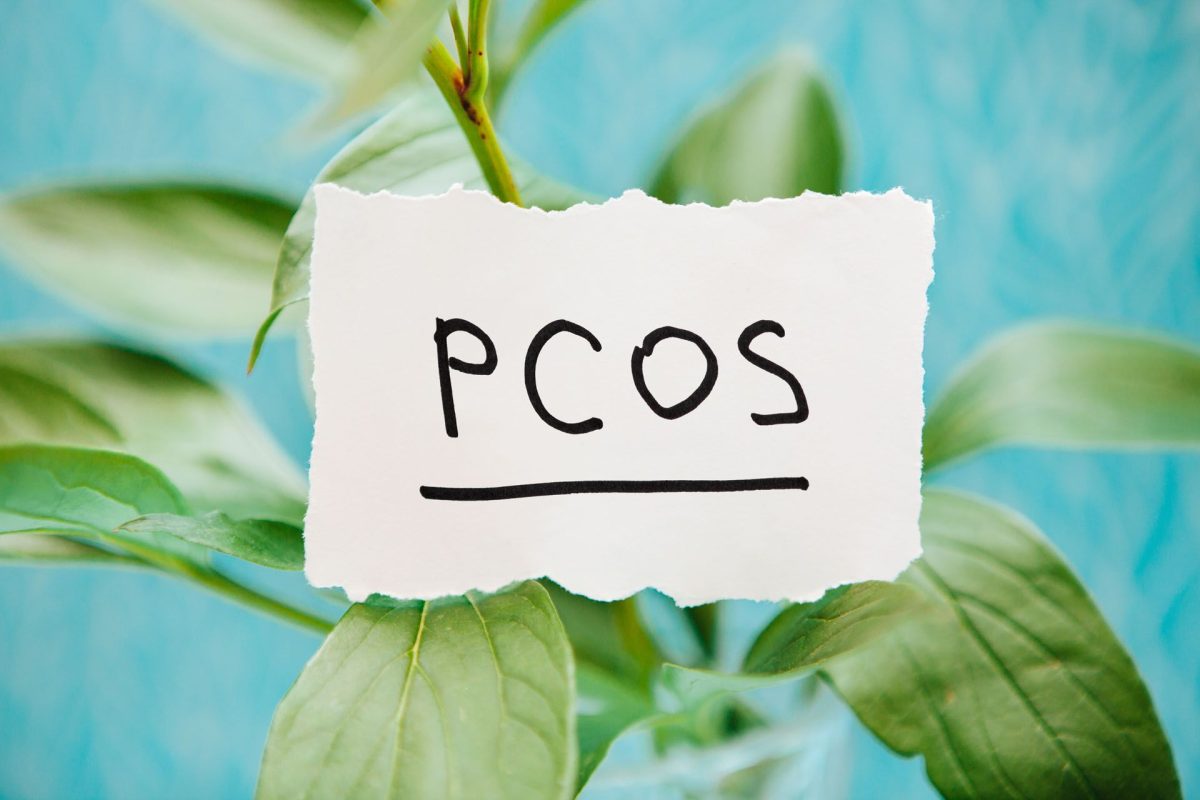Explained: Taiwan
The stakes between China and Taiwan
October 31, 2022
The war in Ukraine has taken up much of the world’s attention recently and it’s not hard to see why. The conflict has seen tens of thousands die for the crazy whims of Vladimir Putin, but this dispute is not the only one of its kind brewing under the surface of global politics. Off the southeast coast of mainland China is an island many called Taiwan. And this island has been giving the world’s diplomats a headache for decades.
Back in the 1940s when the Chinese Communist Party (CCP) was taking control of China, the government they were deposing, led by a man named Chiang Kai-shek, was gradually pushed into exile on the island of Taiwan. Until President Nixon formally opened relations with the Communist Chinese government in the 1970s, the exiled government in Taiwan was seen as the “real” China and was referred to as such. But after the United States opened relations, the international community has been stuck in a hard place having to treat both mainland China and Taiwan as almost separate countries, but both claiming to be the rightful Chinese government.
Present-day China, led by Xi Jinping, has sought to consolidate their territory into one state ruled by the CCP. If you remember back to the “before times” prior to COVID, you might remember the massive democratic protests which happened in Hong Kong, a city which was in a similar situation as Taiwan. Essentially, the CCP used intimidation and backhanded politics to force Hong Kong to fall under its control, the same has happened with other places and the CCP wants Taiwan too.
Since the original government’s exile, the Taiwanese government has kept close ties to the U.S. and other countries in similar alignment. The U.S. has invested a lot of military resources into Taiwan and has significantly boosted its economy, Taiwan being a major producer of microchips used in electronics. This outside investment has made it so the only way that the CCP can control Taiwan is through military invasion, an idea that is similar to what’s going on in Ukraine currently.
These threats of an invasion of Taiwan have been around for decades and have been a hot point of contention in Chinese foreign affairs. The South China Sea, the body of water separating Taiwan from the mainland, has also been a considerably busy stretch of water for the U.S. and Chinese navies. All of this is to say that China desperately wants Taiwan, but the U.S. has guaranteed military support and intervention if there one occurs, something Presidents from both parties have supported in the past and present.
But what does this mean for you, why should you care? The reason is that unlike Ukraine, Taiwan would be much harder to defend, thus leading to a nastier conflict. And that would involve many more headlines and more attention to the invasion. The CCP is also a very pragmatic ruling body, and their methods for subjugating Taiwan could lead to tactics which would be more brutal and more costly. The U.S. has also said it would back Taiwan, making it a big possibility that U.S. troops would be deployed to assist in the fighting. The goal of this article however isn’t to scare you. It’s important to know that Ukraine isn’t the only place of conflict in the world, and that China could rise at the drop of a hat.



